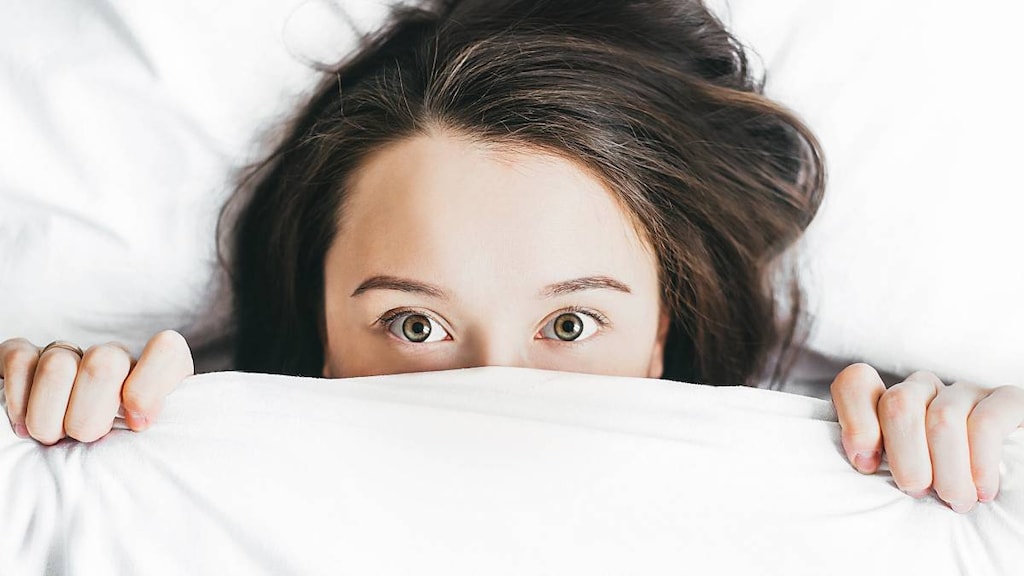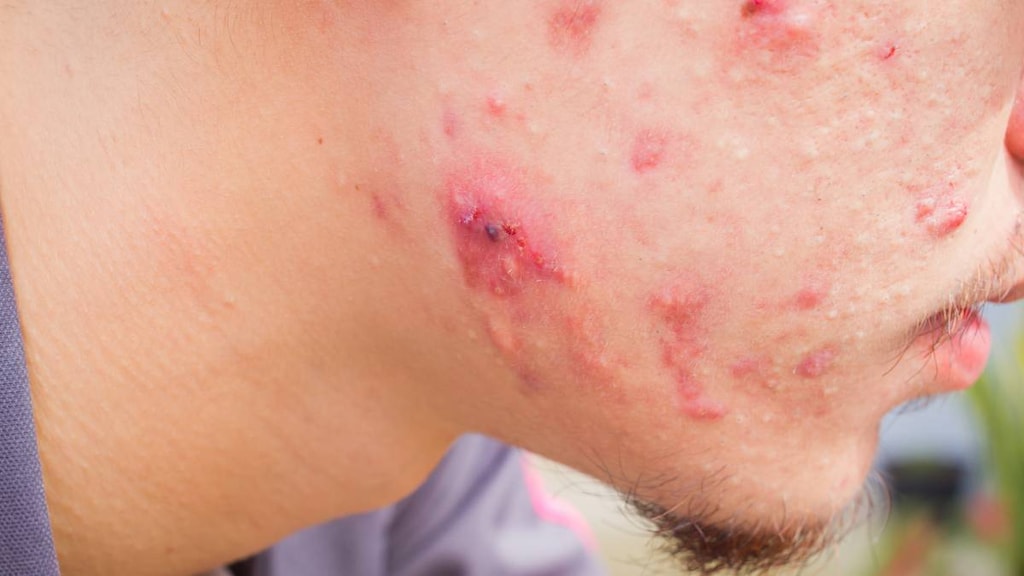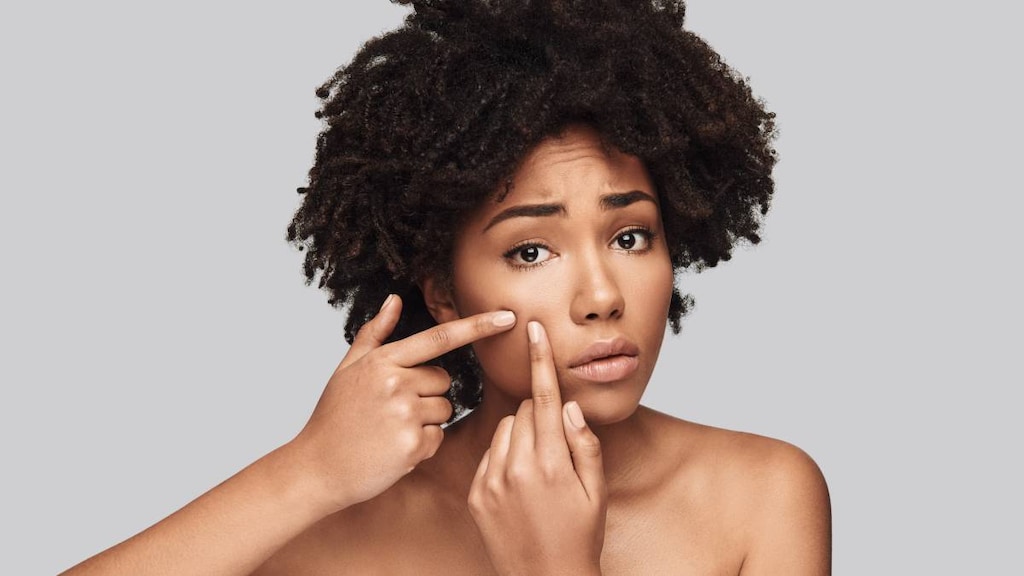10 Natural Home Remedies for Acne Treatment

Anyone coping with acne on a daily basis knows just how frustrating the condition can be. The clusters of bumps that cover the face and other areas of the body can certainly have an effect on your self-esteem, and in some cases they can lead to other symptoms, including pain, pus or scarring in severe instances.
To treat acne, an array of options exists. Those include topical medications like retinoids and salicylic acid, oral medications such as antibiotics and anti-androgen agents, as well as steroid injections and therapies such as chemical peels and photodynamic therapy. However, a number of natural home remedies also can be effective at managing acne, either on their own or as supplemental treatments to your doctor’s recommendations.
Understanding acne
Before deciding how to treat your acne, though, it's best to know a bit more about it.
According to the Mayo Clinic, acne can present itself in several ways, including the following variations:
- Open, plugged pores known as blackheads
- Closed, plugged pores known as whiteheads
- Large, solid and sometimes painful lumps below the skin known as nodules
- Papules, which are small, red bumps
- Pimples, which are pus-filled papules
- Pus-filled lumps below the skin known as cystic lesions
Acne is most common on the face, but you might find it elsewhere on the skin as well, including on the upper back, shoulders, chest and forehead.
Acne develops when the hair follicles on the skin become clogged with dead skin cells and oil. Factors that contribute to this situation include bacteria, excess oil production and highly active hormones known as androgens.
The hormones are the primary factor that leads to acne being so common among teenagers. Both boys and girls experience a surge in androgens during puberty. This, in turn, causes the body’s sebaceous glands to produce more sebum, which contributes to acne production.
Other factors that may contribute to acne include stress, certain medications and foods such as skim milk and carbohydrates, the Mayo Clinic says. Contrary to popular belief, greasy foods are not a cause of acne.
Natural remedies for acne
If home remedies are your treatment choice, check out the following tips and tricks to treat your acne naturally.
1. Proper face-washing: Proper face-washing is one of the keys to preventing acne from breaking out or helping it clear up quickly, according to KidsHealth, a Nemours Foundation project. This means washing the face twice a day with warm water and a mild soap made specifically for people with acne. While washing, use gentle, circular motions and no scrubbing. Both over-washing and scrubbing can lead to skin irritation. An additional helpful step is to apply a lotion with benzoyl peroxide after washing your face.
2. Keep things off your face: It’s a common habit to raise your hands to your face when in thought, stressed or for other reasons. But it also happens to be a bad one when it comes to acne. Touching your face or putting other items on your face, like your phone, can lead to the spread of sebum and skin residue. This can lead to clogged skin, irritation and inflammation that cause the spread of acne. Regular hand-washing can help alleviate these problems, though the best practice may be to keep your hands and other items off your face, KidsHealth says.
3. Avoid acne triggers: A number of common, everyday items can irritate the skin and contribute to acne, notes the Mayo Clinic. These include such things as sunscreens, hair gels and other styling products, oily or greasy cosmetics or products designed to conceal acne. Of course, some of these products, such as cosmetics and sunscreen, are difficult to avoid. The key is to look for products that are water-based or labeled as “noncomedogenic.” These products are less likely to lead to acne than their oil-based counterparts. It’s also important to remove makeup before you go to sleep each night to avoid acne breakouts.
4. Take care of your hair: Hair can be another potential source of acne breakouts, either by making contact with your scalp and forehead or by passing oil to your hands, which then touch your face. Washing your hair regularly or keeping it out of your face can prevent this.
5. Respect the sun: The glow of a tan may seem like it can improve the appearance of acne, but the reality is that it can make acne worse in many people, notes the Mayo Clinic. In addition, some acne medications can actually make you more susceptible to sunburn. It may be best to limit your sun exposure if you’re prone to acne, as well as rely on noncomedogenic sunscreens to protect your skin from the sun.
6. Avoid popping pimples: Despite the urge to do so, popping pimples on the skin can be counterproductive in your fight against acne. In many cases, it can actually make acne worse or cause redness and swelling. That's because popping pimples may push the contents of the pimple inward. So by all means, avoid the urge to pop.
7. Give tea tree oil a try: According to the Mayo Clinic, tea tree oil may be as effective for treating acne breakouts as the acne medication benzoyl peroxide. The key is to use a topical gel with at least 5 percent tea tree oil, and give it time. Tea tree oil tends to work more slowly than benzoyl peroxide. Ask your doctor if tea tree oil may be right for you, and be aware that, in some cases, it may cause symptoms such as burning, redness, dryness and itching.
8. Take a look at zinc: An oral supplement that includes zinc may also play a role in managing acne symptoms. Its power at fighting inflammation and healing wounds may be important here. Again, be sure to ask your doctor if a zinc supplement would be right for you. Bloating, diarrhea and a metallic taste in the mouth are all potential side effects of zinc use.
9. Consider brewer’s yeast: Brewer’s yeast is another promising natural home remedy for acne, the Mayo Clinic says. Specifically, a strain known as Hansen CBS might decrease acne when taken in oral supplement form. The main potential side effect of taking brewer’s yeast is flatulence.
10. Beef up on bovine cartilage: One last natural home remedy that may be worth a try for acne symptoms is bovine cartilage. Creams with 5 percent bovine cartilage may be effective at reducing the symptoms of acne when applied to the skin twice a day.
The final word on acne natural remedies
With all of these natural home remedies, rely on the guidance and advice of your doctor before trying them on your own.
Some of the remedies, such as good hygiene and healthy sun exposure, are good practices in general and can act as a useful supplement to other therapies as part of your overall acne treatment plan. Others, such as tea tree oil, bovine cartilage and other natural supplements, may work as alternatives to acne medications, but that's something you and your doctor should discuss.
In cases of severe or persistent acne, prescription medications or doctor-recommended therapies may be your best bet.
The final word is that natural home remedies for acne can certainly play a role, whether it’s a supporting role or the primary treatment.
Article references
- Acne: Symptoms and Causes, Mayo Clinic, 2019, https://www.mayoclinic.org/diseases-conditions/acne/symptoms-causes/syc-20368047
- Acne: Diagnosis and Treatment, Mayo Clinic, 2019, https://www.mayoclinic.org/diseases-conditions/acne/symptoms-causes/syc-20368047
- Tips for Taking Care of Your Skin, Nemours Foundation, 2014, https://kidshealth.org/en/teens/skin-tips.html
- Natural acne treatment: What’s most effective?, Mayo Clinic, 2017, https://www.mayoclinic.org/diseases-conditions/acne/expert-answers/natural-acne-treatment/faq-20057915




